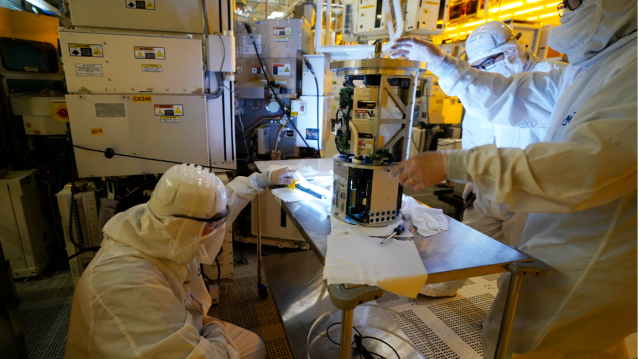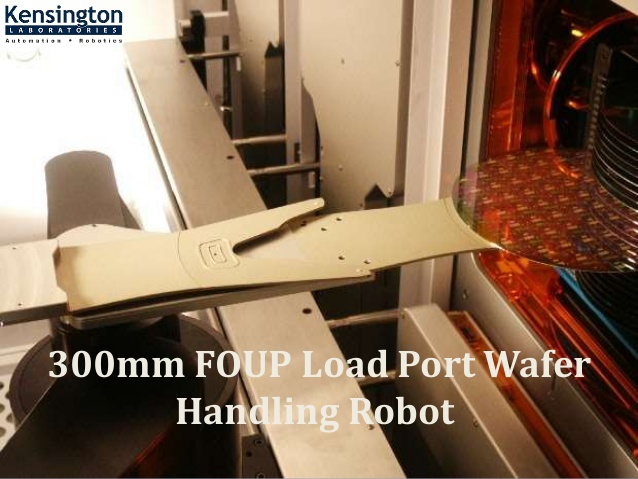All You Need to Know About Precision Manufacturing!
The conventional form of manufacturing requires blades and hammers to cut the products into different shapes to acquire the required specification. Now precision machining comes into the picture, which is a modern form of manufacturing that depends on a computer numerical control (CNC) machine to cut down the different parts to exact specifications. When products need to be repaired or maintained, precision machining is also necessary. Such objects are widely used to produce daily small and large objects. As a result, they will need to be welded, sharpened by a machine tool calibration, or grooved by a machinist.
Currently, precise manufacturing controls 70% of the expanding machine industry for correcting the XYZ precision stage. Automotive, medical, aerospace, and other industries use it most frequently. However, 30% of businesses continue to employ traditional machine production, which limits their access to manufacturing talent.
Here is all you require to understand to get started if you are one of the 30% of people who still need to switch to precise manufacturing.
Advantages of Precision Manufacturing
There is a wide range of benefits that precision manufacturing provides. Here we have mentioned a few of the key benefits of precision manufacturing:
Faster Turnaround and Production Time
Precision manufacturing can start working immediately and complete a product in days once a CAD or CAM has finalized the blueprint. A traditional manufacturer, however, would need weeks or months to complete it.
This is because manual operations, such as designing, in the past required humans to spend time measuring and drawing the raw materials. Everything in precision production is automated. Once a product's specifications are established, managers can operate continuously without stopping production.
Easier Testing & Prototyping
Testing products is a crucial phase in the production process. No matter how good the design, no matter how hard an engineer works, everything is never flawless the first time. Using a traditional manufacturing technique to test prototypes might be costly. Additionally, it takes additional time, which slows down the overall process.
Managers benefit from the ability to prototype quickly due to precision manufacturing. Thus, engineers can test their designs on several materials and decide which is best.
Tighter Tolerance & Lower Cost
The manufacturer or engineer searches for a tighter tolerance to ensure they can be utilized for the intended purpose. Although it is not impossible, managers will have to spend a lot of bucks to achieve narrower tolerance through conventional manufacturing. As a result, it is more affordable to use precise manufacturing to ensure tighter tolerance.
Implementing precision manufacturing is necessary to consistently assure that the item's details are met, even when an organization is ready to invest considerably in it. Precision manufacturing reduces an organization's overall spending because it eliminates mistakes and any waste as a result.
Compatible With a Huge Range of Materials
The amount of work involved in producing an object depends on its nature. Although standard production may make it simpler to tighten the tolerance on metal, the strategy utilized for goods made of titanium, aluminum, and other materials may be different. Therefore, firms will only be able to dependably accomplish their goals if different metals or materials are used.
Looking for the best semiconductor front end? Look no further than Kensington Labs.
Conclusion
Since the advent of industry 4.0 and precision manufacturing, manufacturers have been able to receive and finish more orders in half the time and money previously required.



Comments
Post a Comment